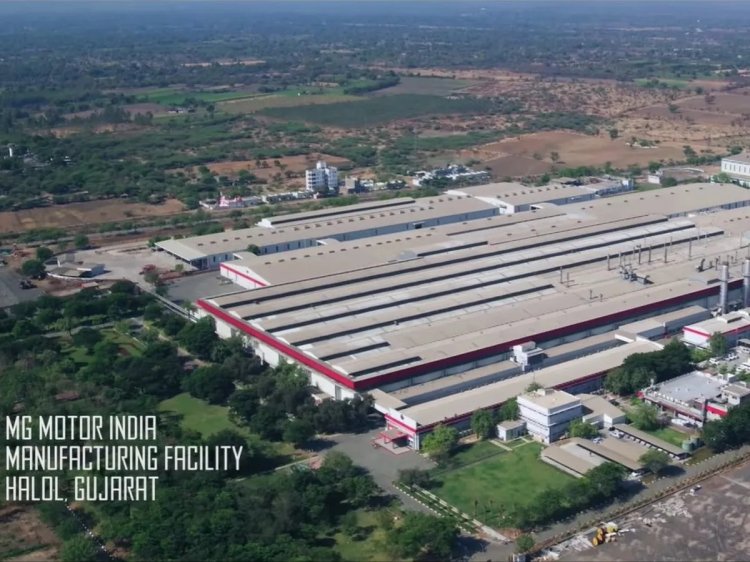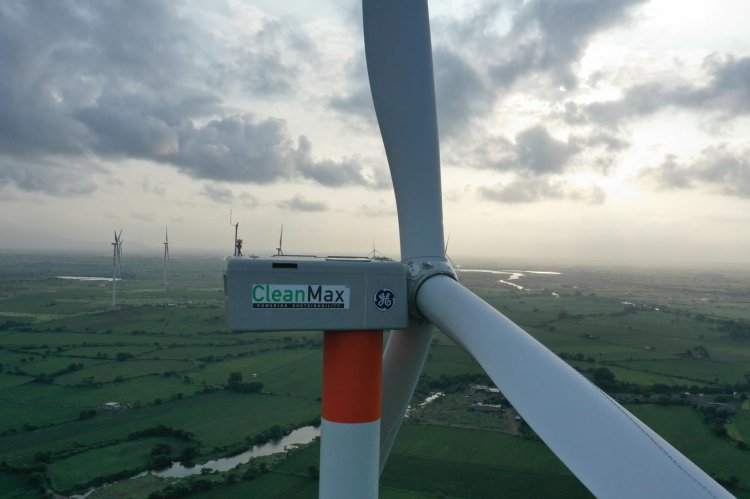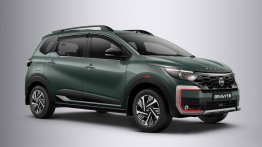MG Motor India has partnered with Clean Max Enviro Energy Solutions Pvt Ltd (CleanMax), Asia’s most trusted sustainability partner, for the supply of 4.85 MW of wind-solar hybrid power to MG’s manufacturing facility in Halol. With this partnership, MG will abate approximately 2 lakh MT of CO2 over 15 years which is equal to planting more than 13 lakh trees.
CleanMax’s vision aligns with MG’s commitment to a sustainable future. The carmaker has been at the forefront of promoting EV adoption in India with the launch of India’s first Pure Electric Internet SUV – MG ZS EV. The electric SUV was launched with the initiative ‘Change what you can’, which encouraged people to adopt zero-emission vehicles.
CleanMaxis the first renewable energy company to set up a Wind Solar Hybrid Power Park in Gujarat to sell clean energy to private consumers and corporates. It plans to expand to 150 MW by 2022. MG’s Halol facility is expected to begin drawing power in February 2022 from CleanMax’s hybrid park in Rajkot and will continue to do so for 15 years.
Talking about the partnership, Rajeev Chaba, President and Managing Director, MG Motor India, said, “We have ensured our commitment towards a sustainable future which has encouraged many to adopt zero-emission vehicles and contribute towards protecting the environment. Our association with CleanMax is another step towards developing a clean manufacturing ecosystem. With this move, we hope to enhance our role in building a sustainable environment while also lowering our energy costs."
Kuldeep Jain, Founder and MD of CleanMax said, “We are honoured that MG Motor India has chosen CleanMaxas its sustainability partner. By supplying 50% of its power requirement from our Hybrid farm, MG Motor India will see significant operating cost savings, while also making a very impressive reduction in its CO2 emissions. We will also provide cost benefits to offer a hassle-free solution to the carmaker. Unlike standalone Solar or Wind power, Wind Solar Hybrid Power provides round the clock power supply, enabling consumers to meet a greater percentage of their daily power needs with renewable energy.”














